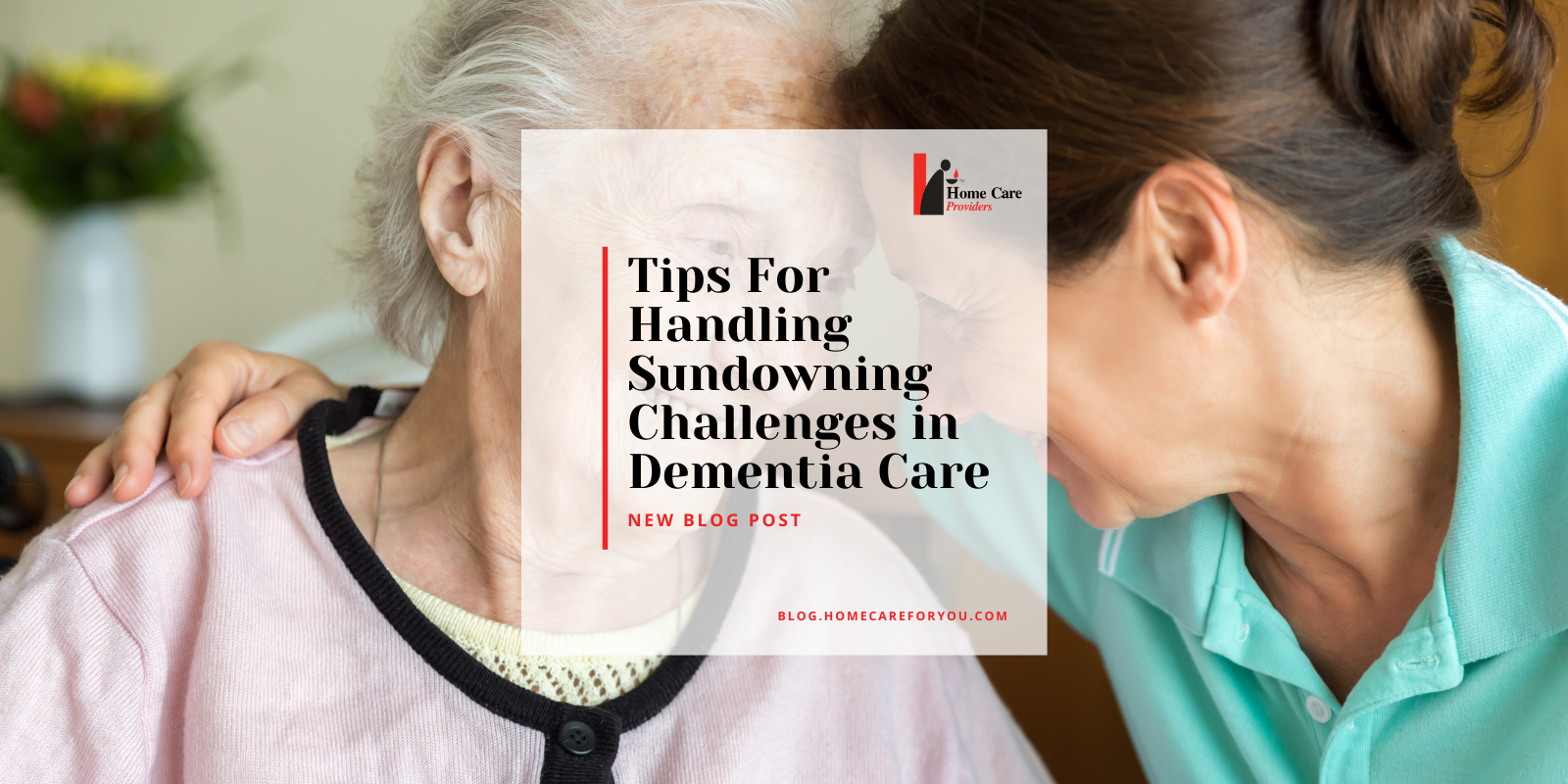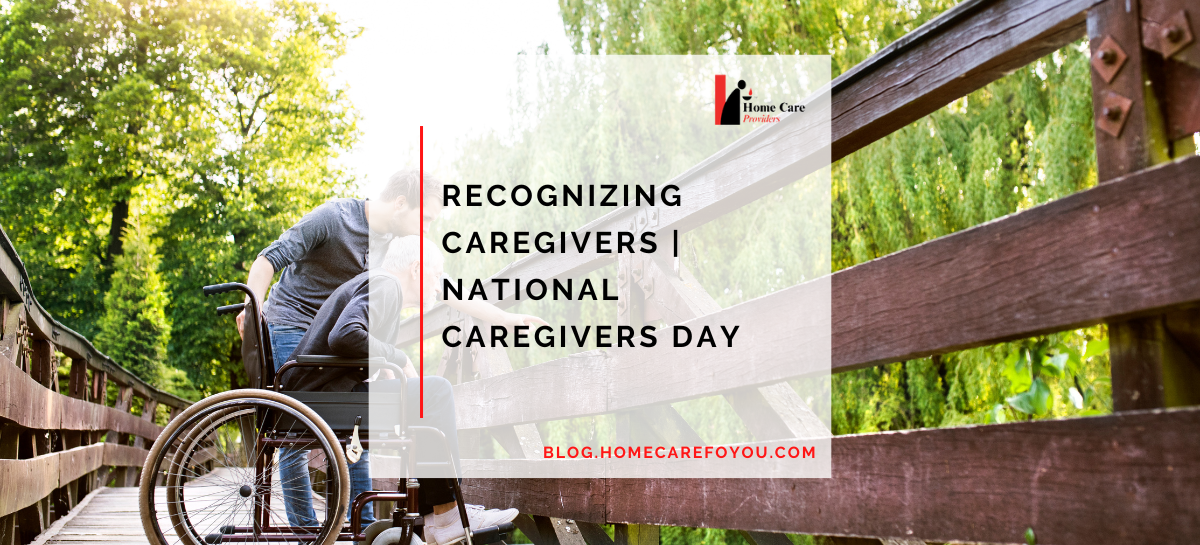Tips For Handling Sundowning Challenges in Dementia Care

Most of us, living with dementia or not, get tired later in the day. And as we are all very familiar, Daylight Savings Time tends to exacerbate those feelings. In fact, Daylight Savings is so unpopular that there is even a bill called the “Sunshine Protection Act” currently sitting in The House, waiting to be passed into law.
For people living with dementia, that exhaustion can manifest itself as anxiety, panic, and aggression. We often refer to this in the healthcare industry as “sundowning,” although it can happen at any time during the day. People living with dementia just don’t always have the ability to say, “I’m tired/hungry/feeling cranky/confused, leave me alone,” like the rest of us do. Instead, you see the anxiety and anger come out.
People living with dementia are also more vulnerable to changes in daylight than the rest of us. While people without dementia are able to sigh and roll their eyes at the change in light, people living with dementia do not have the same luxury. They are far more susceptible to changes, like losing an hour of daylight, and do not have the ability to “logic” themselves into another feeling.
Calming music, scents, and activities can combat sundowning. If a person is engaged (holding a baby doll, folding laundry, enjoying a TV show, or something else that is fun but calming) he or she won’t be panicking about leaving, getting hostile, or picking fights. Most people begin to sundown around 2 or 3 PM, so that’s when they need to be engaged in something pleasant. Ideally, we’re starting these programs before 2 PM and continuing them into the later afternoon. Sometimes I see dementia care community calendars ending at 3 PM–the community citing that “residents need to rest because they’ll be sundowning.” I actually suggest the opposite: we want to engage our residents so that they are able to glide through the sundowning time with ease.
There is some evidence that light therapy, such as using a Seasonal Affective Disorder lamp, or SAD Lamp, works to combat changes in daylight during the winter. (I myself actually just bought a SAD Lamp for the winter months!)
I always recommend avoiding “chemical restraints” like antipsychotics. What does work for some people who experience a ton of anxiety, though, are anti-anxiety medications that a physician can prescribe.
I also often suggest to families that they are going to have the best visit with a loved one with dementia before 2 PM. If you can, try visiting before your loved one sits down for dinner. This also goes for phone or video calls…plan ahead with the time of day!
Home Care Providers partners with Dementia By Day's Rachael Wonderlin to bring tips and dementia care best practices.
Do You Need In-Home Support?
Whether you need skilled nursing care, therapy services, in-home caregiver services, or remote monitoring for a loved one, Home Care Providers - Nightingale Home Health, Nightingale Visiting Nurse, and Aspire Home Health can help. We give you the support you need to provide the best care for your loved one. Request a personalized quote from your local Home Care Provider organization.
Home Care Providers provides personalized, high-quality care with the most innovative technology allowing physicians, families, and care teams to stay connected and compliant by documenting and communicating within a secure portal. We want our patients, families, physicians, hospitals, and any facility we coordinate care with to experience THE BEST services possible!


